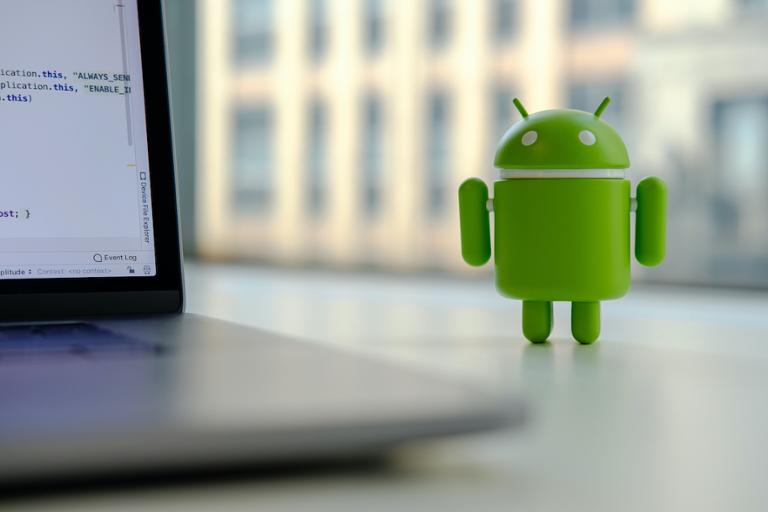The next version of Android will feature granular updates to the operating system’s privacy and customization features, Google revealed during its annual I/O developer conference. That’s potentially good news for the legions of software developers and other technologists who work with Android on a regular basis.
Android’s new-ish design scheme, Material You, will feature additional customization; when the user selects a particular color scheme, for example, it will apply to third-party app icons in addition to Google’s standard ones. On a settings level, Android 13 will also allow people to set different languages for different apps—so if you read e-books in English but bank in French, for example, the operating system will translate onscreen text according to your needs.
Android 13 features tablet-centric adjustments, including split-screen for larger screens. “We know these changes don’t mean much if apps aren’t built for the larger screens,” read Google’s official blog posting on the matter. “So over the next few weeks, we’ll be updating more than 20 Google apps to take full advantage of the extra space with added functionality. Many of the third-party apps you love—like TikTok, Facebook and Zoom—will be revamped to make your experiences on tablets even better.”
Android 13 will introduce more privacy controls over what apps can access. “In Android 13, apps must get your permission before sending you notifications,” the blog added. “In addition, we’re reducing the number of apps that require your location. For example, you will no longer need to grant location to apps to enable Wi-Fi scanning.” In addition, this Android update will feature a Security & Privacy settings page with unified controls and additional ways for users to boost their security.
Sure, none of those features are radical—they replicate what iOS is doing, in many ways—but they’re likely to require Android developers to think about how they’ll iterate their apps’ privacy, security, and design. Android developers who aim their products at tablets may also have to take the platform’s new multitasking features into consideration. If you want to check out what Android 13 has to offer (as well as a rundown of additional features), swing by Google’s Android Developers portal.
If you’re interested in landing a job as an Android developer, keep in mind that employers will test your skill set as part of the interview process. Prepare to talk about Android apps you’ve built in the past, your mastery of Java and Kotlin (the languages undergirding the language), working with databases and data flow, and more. Fortunately, there are lots of certifications and training options available for the platform.
